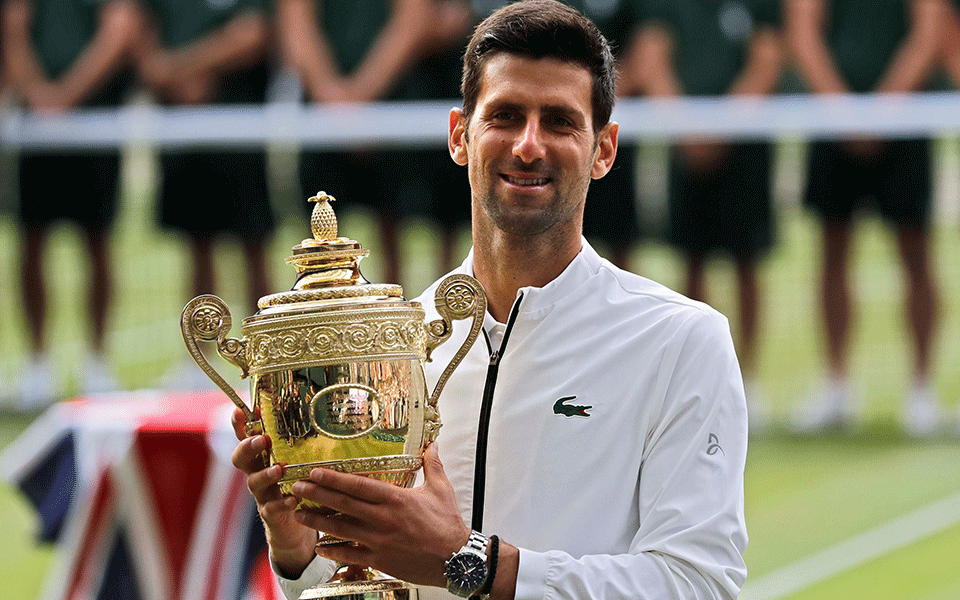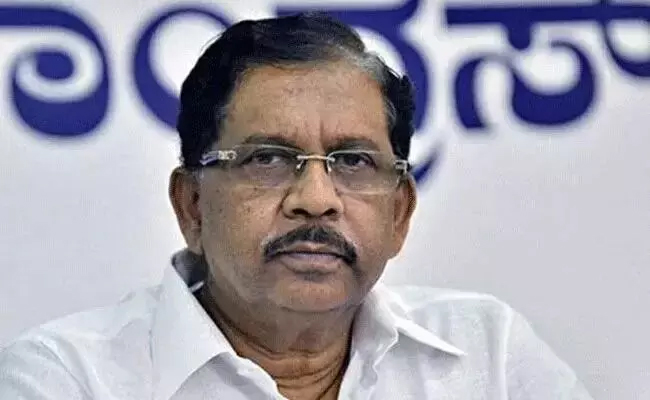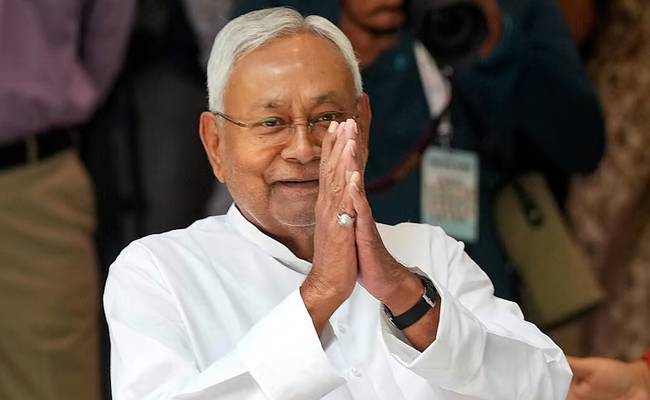London: After spending a fortnight fighting in gruelling matches, Roger Federer and Novak Djokovic met each other in the final. The two forces, who are known for their different styles, came together to be a part of an unforgettable encounter at the All England Club.
In the first set, Federer and Djokovic used their respective service games to win alternate games. Djokovic then too the equally contested set to a tie-break and won it take a 1-0 led against Federer.
Following that, Federer fired back with a perfect combination of forehand shots and footwork. He won four games in a row before Djokovic could get his name on the scoreboard. That was also the Serb’s only game win in the second set before Federer closed it in his favour and equalise against his opponent’s lead.
The third set was almost a repetition of the opening set where both players contested in a tie-break. Once again, Djokovic used the situation to fuel his drive and went on to take a 2-1 lead against the Swiss legend.
Following that, Federer fought back once again to equalise the Serb’s lead. He won the fourth set while only allowing Djokovic to bag two games.
The du0 then headed to the decision in which Djokovic was the first to take lead. But Federer closely chased World No. 1 and dragged the set to the third tie-break of the match.
Federer had two championship points but Djokovic defended well. By this time, both men created history by playing in the longest final in Wimbledon history.
Once again, Djokovic was relentless and dominated the tie-break. He defeated Roger Federer to win his fifth Grand Slam title at the All England Club.
Result: Novak Djokovic beats Roger Federer 6(5)-6(7), 6-1, 7(7)-6(4), 6-4, 12(3)-13(7)
Courtesy: www.foxsportsasia.com
Let the Truth be known. If you read VB and like VB, please be a VB Supporter and Help us deliver the Truth to one and all.
Colombo (AP): A US submarine sank an Iranian warship off the coast of Sri Lanka, and Sri Lanka's navy said Wednesday it recovered 87 bodies and rescued 32 people.
The Iranian vessel that was sunk in the Indian Ocean was the Islamic Republic's “prize ship,” US Defence Secretary Pete Hegseth said at a Pentagon news briefing. Hegseth said it was the first sinking of an enemy ship with a torpedo by the US since World War II.
Sri Lanka's Foreign Minister Vijitha Herath told Parliament that its navy received information that the IRIS Dena, with 180 people on board, was in distress and sinking. The island nation sent ships and air force planes on a rescue mission, he said.
Navy spokesman Commander Buddhika Sampath said by the time navy ships reached the location, there was no sign of the ship and “there were only some oil patches and life rafts. We found people floating on the water.”
He said the 32 people rescued were admitted to a hospital in the seaside town of Galle on the Sri Lanka's southern coast. The bodies recovered were being brought to land, he said.
Dr Anil Jasinghe, a top health ministry official, said one of those rescued is in critical condition, seven are receiving emergency treatment and others are being treated for minor injuries.
The IRIS Dena — one of Iran's newest warships — is a Moudge-class frigate that patrols in deep water for the Iranian navy. It is armed with heavy guns, surface-to-air missiles, anti-ship missiles and torpedoes. It also carries one helicopter.
The frigate was the centerpiece of a two-ship international tour in 2023 that included port calls in countries including South Africa and Brazil. It was accompanied by the support ship IRIS Makran, a converted oil tanker.
The US Treasury Department included both ships on a sanctions designation in February 2023 along with eight executives of an Iranian drone manufacturer that supplied the weapons to Russia for use against civilian targets in Ukraine.
At least 17 Iranian naval vessels have been sunk during the ongoing war, said US Adm Brad Cooper, who leads the American military's Central Command.
“We are also sinking the Iranian navy — the entire navy,” he said in a video message.





